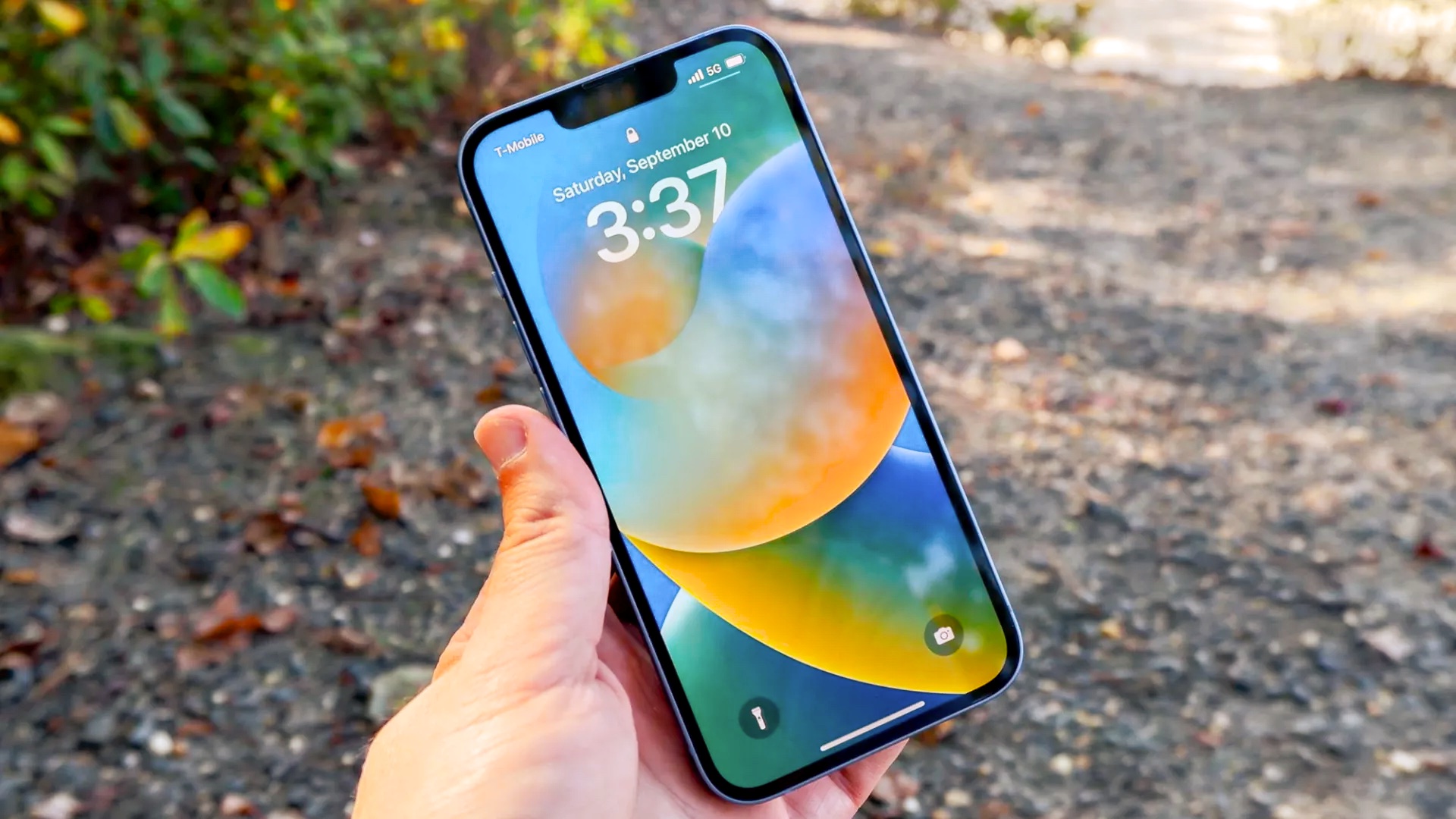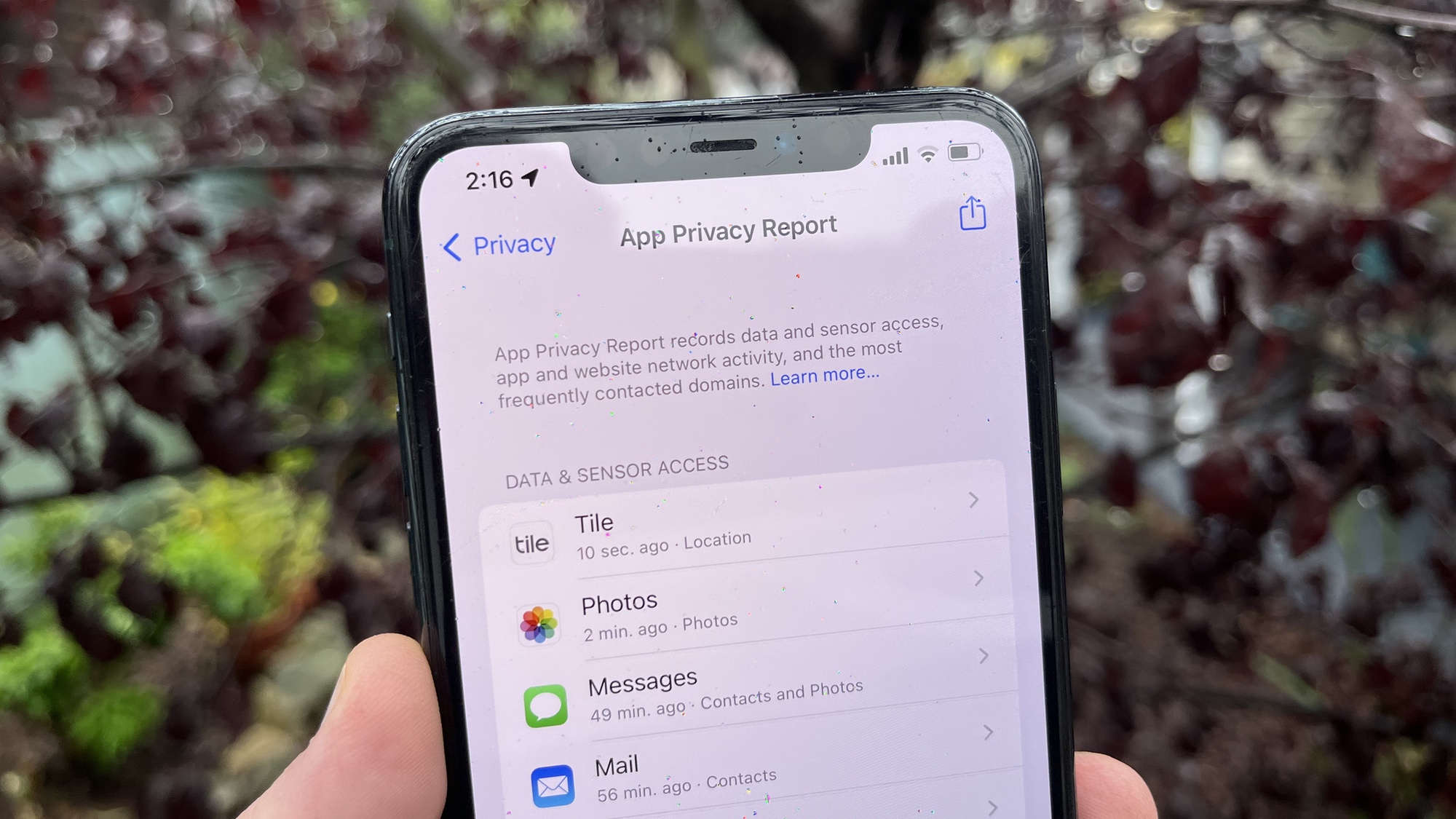Apple hit with class-action lawsuits over privacy settings — what you need to know
Your iPhone is collecting analytics data even with iPhone Analytics disabled

Here at Tom’s Guide our expert editors are committed to bringing you the best news, reviews and guides to help you stay informed and ahead of the curve!
You are now subscribed
Your newsletter sign-up was successful
Want to add more newsletters?

Daily (Mon-Sun)
Tom's Guide Daily
Sign up to get the latest updates on all of your favorite content! From cutting-edge tech news and the hottest streaming buzz to unbeatable deals on the best products and in-depth reviews, we’ve got you covered.

Weekly on Thursday
Tom's AI Guide
Be AI savvy with your weekly newsletter summing up all the biggest AI news you need to know. Plus, analysis from our AI editor and tips on how to use the latest AI tools!

Weekly on Friday
Tom's iGuide
Unlock the vast world of Apple news straight to your inbox. With coverage on everything from exciting product launches to essential software updates, this is your go-to source for the latest updates on all the best Apple content.

Weekly on Monday
Tom's Streaming Guide
Our weekly newsletter is expertly crafted to immerse you in the world of streaming. Stay updated on the latest releases and our top recommendations across your favorite streaming platforms.
Join the club
Get full access to premium articles, exclusive features and a growing list of member rewards.
Apple is currently facing multiple class-action lawsuits over how its iPhone collects and sends analytics data back to the company even with settings designed to protect your privacy enabled.
New outlet Gizmodo released an exclusive report back in November of 2022 that showed how the tech giant collects analytics data from its users, regardless of whether or not the iPhone Analytics privacy setting is turned on.
In response to the report, an iPhone user from California filed a class-action lawsuit when additional tests confirmed that this analytics data sent to Apple contains personally identifiable information (PII). Now though, another iPhone user in Pennsylvania has filed a second class-action lawsuit against the company about the same issue.
In this second lawsuit, the plaintiff claims that “Apple unlawfully records and uses consumers’ personal information and activity on its consumer mobile devices and applications (‘apps’), even after consumers explicitly indicate through Apple’s mobile device settings that they do not want their data and information shared.” If Apple is found guilty, it would be a big upset for the company, which has marketed the best iPhones as devices which safeguard user privacy.
iPhone Analytics
When turned off, the iPhone Analytics privacy setting claims it will “disable the sharing of Device Analytics altogether” but Apple’s own analytics privacy policy goes further by stating that “none of the collected information identifies you personally”. However, researchers at Mysk found that neither claim was true after testing them.
During their testing, they found that turning off the setting didn’t have any effect on analytics data sent from Apple’s apps. This data includes both detailed and real-time information about what iPhone users do in first-party apps including how long they spend on page and which ads they see.
Although Apple says that this information isn’t identifiable, a permanent ID number tied to a user’s iCloud account is sent along with it. This gives the company your name, email address and phone number along with details on how you’ve been using your iPhone.
Get instant access to breaking news, the hottest reviews, great deals and helpful tips.
Should you be worried about Apple’s privacy issues?

Now that multiple class-action lawsuits have been filed against Apple, a court of law will decide whether or not the company’s iPhone Analytics privacy setting goes far enough when it comes to protecting user privacy.
Until then though, it’s up to you to decide if making the switch from iPhone to Android is worth the hassle to protect your privacy. You’ll no longer be able to use iMessage and if you’re heavily invested in iOS, you will also need to replace your favorite apps. However, there’s also a higher chance of accidentally downloading and installing malicious apps on your new smartphone.
As both of these lawsuits have huge privacy implications for iPhone users, Apple will likely make changes quickly if it’s found to be in the wrong since the company could face heavy fines from regulators – especially in the EU.
If you are worried about your privacy on iOS, you can always install one of the best iPhone VPNs in the meantime for an extra layer of security. We’ll likely find out more once these lawsuits go to trial or if a settlement is reached before then.

Anthony Spadafora is the managing editor for security and home office furniture at Tom’s Guide where he covers everything from data breaches to password managers and the best way to cover your whole home or business with Wi-Fi. He also reviews standing desks, office chairs and other home office accessories with a penchant for building desk setups. Before joining the team, Anthony wrote for ITProPortal while living in Korea and later for TechRadar Pro after moving back to the US. Based in Houston, Texas, when he’s not writing Anthony can be found tinkering with PCs and game consoles, managing cables and upgrading his smart home.
 Club Benefits
Club Benefits










